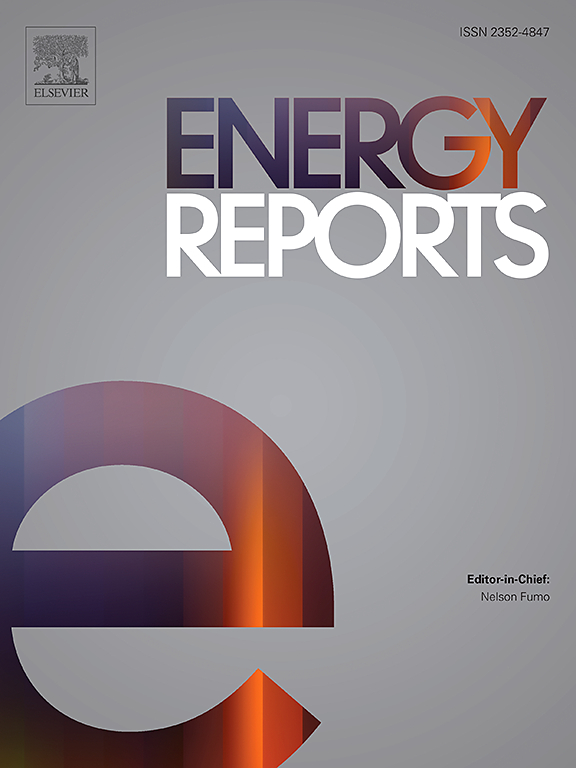Federated heterogeneous multi-agent deep reinforcement learning-based attack resilience scheduling for heterogeneous multi-integrated energy system
IF 4.7
3区 工程技术
Q2 ENERGY & FUELS
引用次数: 0
Abstract
The increasing scale of heterogeneous multi-integrated energy system (MIES) exposes critical limitations in conventional scheduling methods, particularly regarding privacy preservation, coordination of heterogeneous systems, and resilience against cyberattacks. To address these challenges, this paper proposes a resilient scheduling framework based on federated heterogeneous multi-agent soft actor-critic (Fed-HMASAC), integrating federated learning (FL) and heterogeneous multi-agent deep reinforcement learning (HMADRL). Firstly, a heterogeneous MIES model incorporating multi-energy coupling and a dynamic price attack (DPA) mechanism is established. Furthermore, a federated heterogeneous multi-agent architecture is developed, which coordinates the collaboration of differentiated state/action space agents based on the advantage function decomposition, and proposes an adversarial training mechanism to enhance the resilience of the policy network against DPAs. The experimental results show that the proposed framework possesses better economic performance compared to the baseline approach while maintaining the stability of the scheduling strategies under continuous DPA conditions, and achieves data privacy preservation through FL.
基于深度强化学习的联邦异构多智能体异构多集成能源系统攻击弹性调度
异构多集成能源系统(MIES)的规模日益扩大,暴露了传统调度方法的严重局限性,特别是在隐私保护、异构系统的协调和抵御网络攻击的弹性方面。为了解决这些挑战,本文提出了一种基于联邦异构多智能体软行为者评价(Fed-HMASAC)、整合联邦学习(FL)和异构多智能体深度强化学习(HMADRL)的弹性调度框架。首先,建立了包含多能耦合和动态价格攻击(DPA)机制的异构MIES模型;在此基础上,提出了一种基于优势函数分解的联邦异构多智能体架构,协调不同状态/动作空间智能体之间的协作,并提出了一种对抗训练机制,以增强策略网络对dpa的弹性。实验结果表明,与基线方法相比,该框架在保持连续DPA条件下调度策略稳定性的同时,具有更好的经济性能,并通过FL实现了数据隐私保护。
本文章由计算机程序翻译,如有差异,请以英文原文为准。
求助全文
约1分钟内获得全文
求助全文
来源期刊

Energy Reports
Energy-General Energy
CiteScore
8.20
自引率
13.50%
发文量
2608
审稿时长
38 days
期刊介绍:
Energy Reports is a new online multidisciplinary open access journal which focuses on publishing new research in the area of Energy with a rapid review and publication time. Energy Reports will be open to direct submissions and also to submissions from other Elsevier Energy journals, whose Editors have determined that Energy Reports would be a better fit.
 求助内容:
求助内容: 应助结果提醒方式:
应助结果提醒方式:


